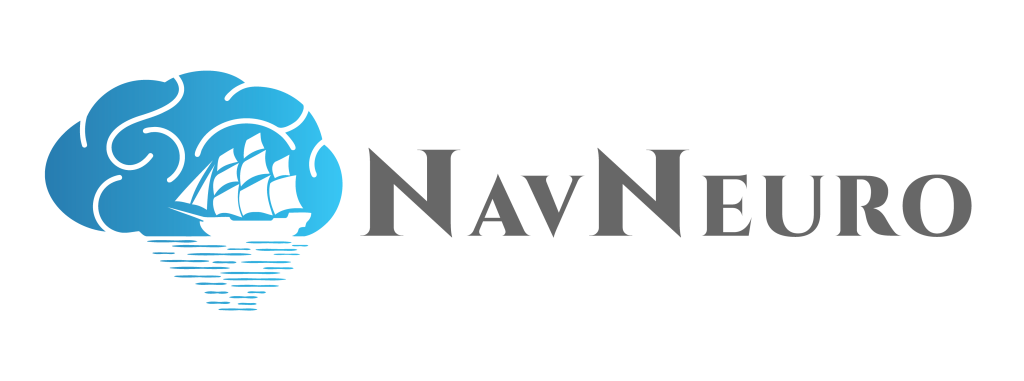Instructor Credentials

Dr. Vonetta Dotson is a Professor of Psychology and Gerontology at Georgia State University and Senior Project Scientist at NASA. She is also the author of a book for the general public on brain health, and the founder and president of a company committed to providing exceptional clinical, educational, and consultation services to promote brain health and wellness. She is a fellow of the American Psychological Association’s Society for Clinical Neuropsychology. She completed her doctoral training in clinical psychology at the University of Florida with a specialization in neuropsychology and a certificate in gerontology. She completed her postdoctoral training at the National Institute on Aging Intramural Research Program. Her research and clinical activities focus on positive and negative modifiers of brain health, including the intersection of depression with cognitive and brain aging, and the impact of health disparities on brain health. Her research has been funded by the National Institutes of Health, National Science Foundation, Alzheimer’s Association, and private foundations.
Educational Objectives
- List and describe methods for providing feedback about brain health that could lead to positive behavior change in our patients.
- Discuss strategies for overcoming barriers (e.g., physical environment, SES) to brain health in our patients.
- Apply the information from this episode in individual patient interactions and public health advocacy for brain health.
Target Audience
- Introductory
Availability
- Date Available: 2023-04-01
- You may obtain CE for this podcast at any time. CE courses are generally retired after 3 years to ensure relevancy.
Offered for CE
- Yes
Cost
- Members $20
- Non-Members $30
Refund Policy
- This podcast is not eligible for refunds
CE Credits
- 1.0 Credit(s)
Disclosures
- Dr. Vonetta Dotson has ownership interest with CerebroFit, LLC and receives book authorship royalties from the APA Book Keep Your Wits about You
Resources
- N/A
Bibliography
- Anton, S. D., Woods, A. J., Ashizawa, T., Barb, D., Buford, T. W., Carter, C. S., … & Pahor, M. (2015). Successful aging: advancing the science of physical independence in older adults. Ageing research reviews, 24, 304-327.
- Audiffren, M., & André, N. (2019). The exercise–cognition relationship: A virtuous circle. Journal of Sport and Health Science, 8(4), 339-347.
- Cass, S. P. (2017). Alzheimer’s disease and exercise: a literature review. Current sports medicine reports, 16(1), 19-22.
- Cattaneo, G., Bartrés-Faz, D., Morris, T. P., Sánchez, J. S., Macià, D., Tarrero, C., … & Pascual-Leone, A. (2018). The Barcelona brain health initiative: a cohort study to define and promote determinants of brain health. Frontiers in aging neuroscience, 10, 321.
- Dause, T. J., & Kirby, E. D. (2019). Aging gracefully: social engagement joins exercise and enrichment as a key lifestyle factor in resistance to age-related cognitive decline. Neural regeneration research, 14(1), 39-42.
- Dotson, V. M. (2017). Variability in depression: what have we been missing?. The American Journal of Geriatric Psychiatry, 25(1), 23-24.
- Dotson, V. M., & Duarte, A. (2020). The importance of diversity in cognitive neuroscience. Annals of the New York Academy of Sciences, 1464(1), 181-191.
- Dotson, V. M., Kitner-Triolo, M. H., Evans, M. K., & Zonderman, A. B. (2009). Effects of race and socioeconomic status on the relative influence of education and literacy on cognitive functioning. Journal of the International Neuropsychological Society, 15(4), 580-589.
- Dotson, V. M., Szymkowicz, S. M., Kim, J. U., & McClintock, S. M. (2018). Cognitive functioning in late-life depression: A critical review of sociodemographic, neurobiological, and treatment correlates. Current Behavioral Neuroscience Reports, 5, 310-318.
- Hilal, S., & Brayne, C. (2022). Epidemiologic Trends, Social Determinants, and Brain Health: The Role of Life Course Inequalities. Stroke, 53(2), 437-443.
- Ludyga, S., Gerber, M., Pühse, U., Looser, V. N., & Kamijo, K. (2020). Systematic review and meta-analysis investigating moderators of long-term effects of exercise on cognition in healthy individuals. Nature human behaviour, 4(6), 603-612.
- O’shea, D. M., Dotson, V. M., & Fieo, R. A. (2017). Aging perceptions and self‐efficacy mediate the association between personality traits and depressive symptoms in older adults. International journal of geriatric psychiatry, 32(12), 1217-1225.
- Penninkilampi, R., Casey, A. N., Singh, M. F., & Brodaty, H. (2018). The association between social engagement, loneliness, and risk of dementia: a systematic review and meta-analysis. Journal of Alzheimer’s Disease, 66(4), 1619-1633.
- Scarmeas, N., Anastasiou, C. A., & Yannakoulia, M. (2018). Nutrition and prevention of cognitive impairment. The Lancet Neurology, 17(11), 1006-1015.
- Szymkowicz, S. M., McLaren, M. E., O’Shea, A., Woods, A. J., Anton, S. D., & Dotson, V. M. (2017). Depressive symptoms modify age effects on hippocampal subfields in older adults. Geriatrics & gerontology international, 17(10), 1494-1500.
- Tardif, S., & Simard, M. (2011). Cognitive stimulation programs in healthy elderly: a review. International journal of Alzheimer’s disease.
- Woods, B., Rai, H. K., Elliott, E., Aguirre, E., Orrell, M., & Spector, A. (2023). Cognitive stimulation to improve cognitive functioning in people with dementia. Cochrane database of systematic reviews, (1).
This content is restricted to those who paid for CEs. If you've already paid for CEs, please log in to access the CE form link.


